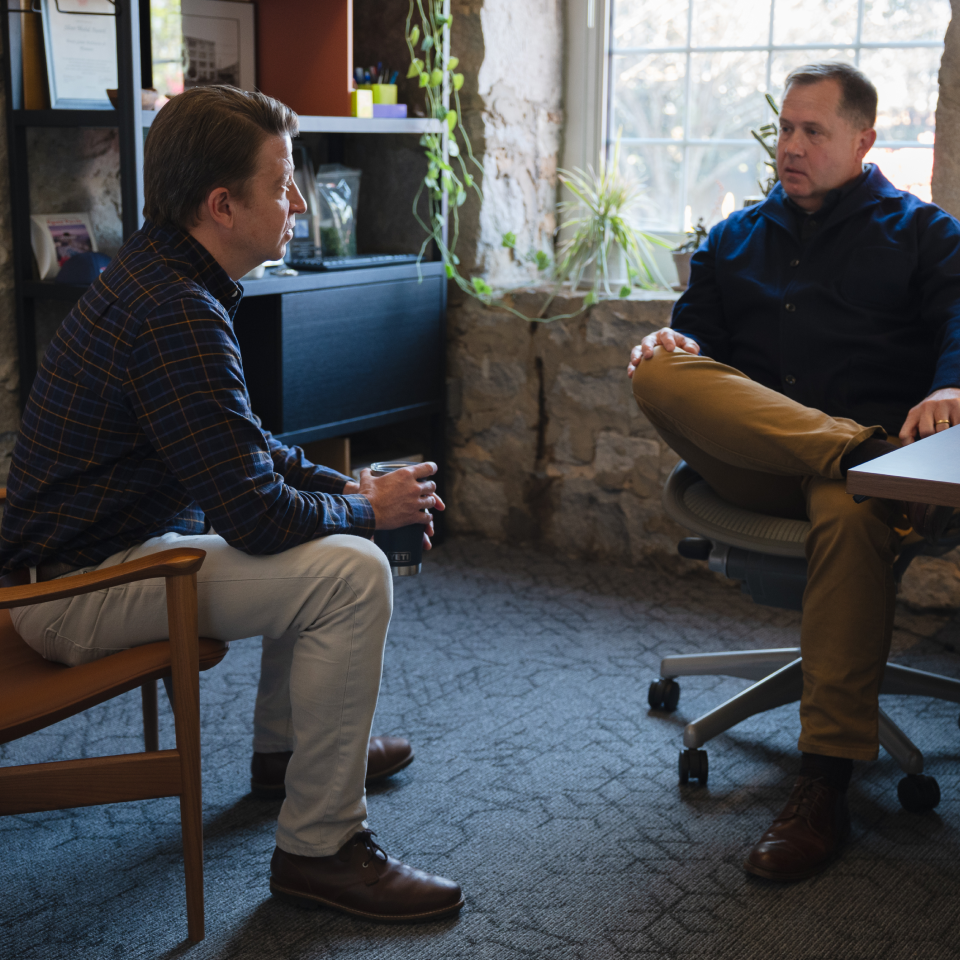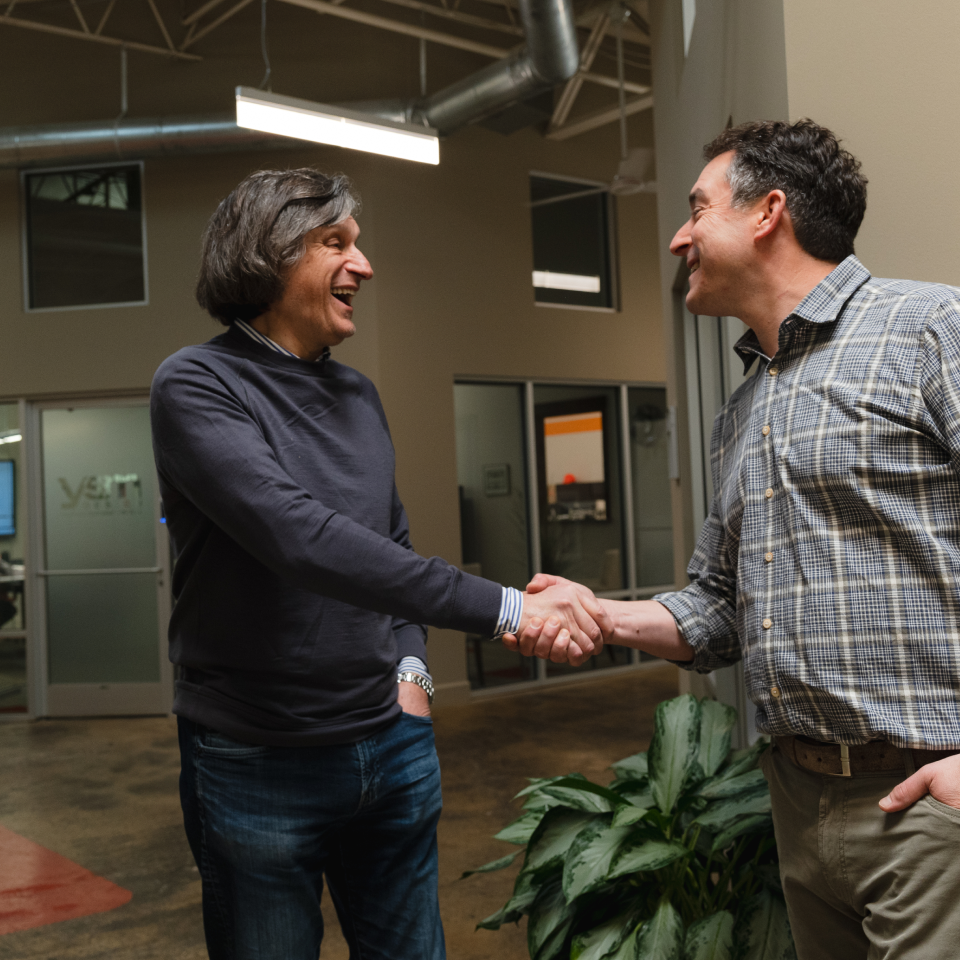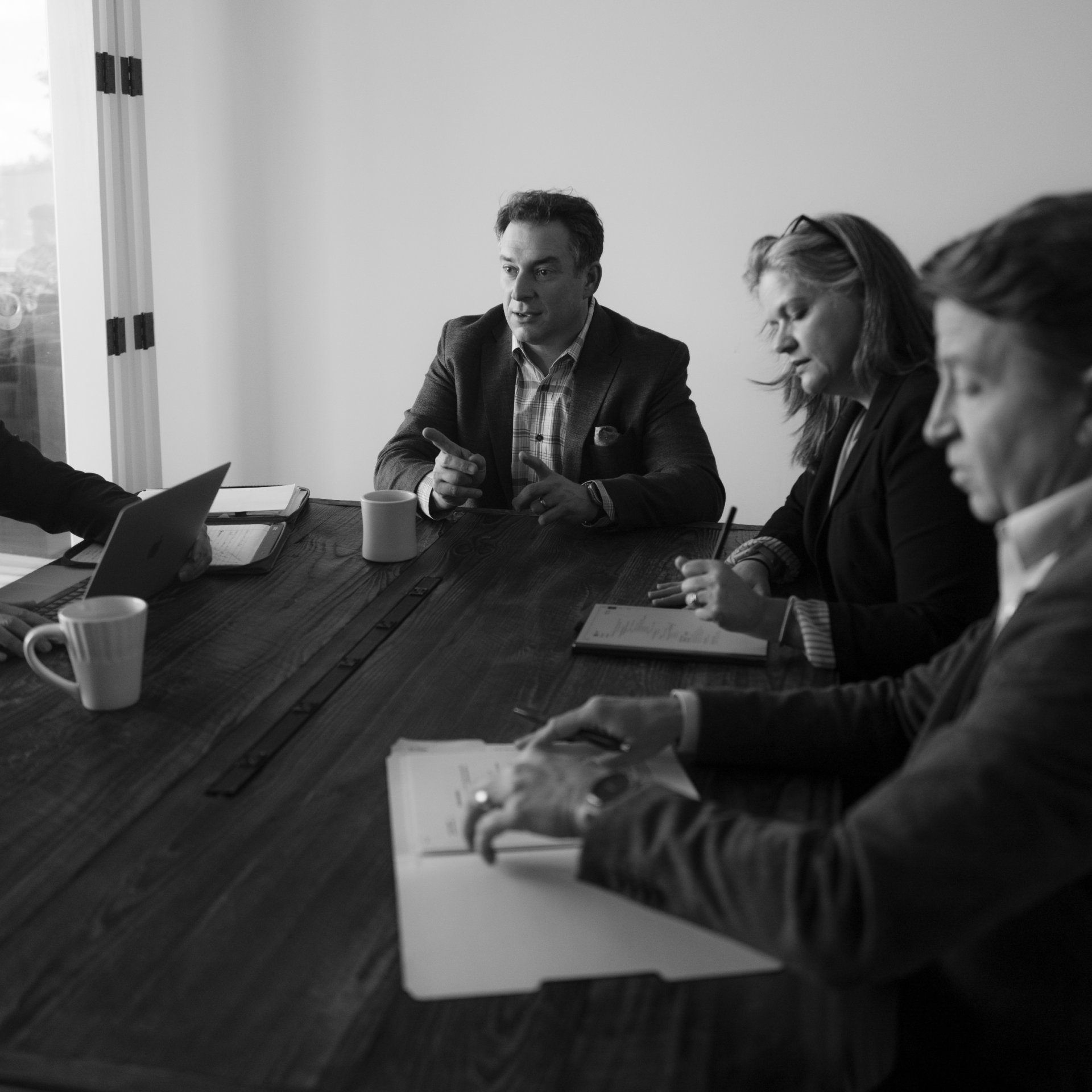Small Shifts That Make a Big Impact
Culture doesn’t fade when teams go hybrid, it just starts showing up in new places. Every detail of a workplace sends a signal about what a company values. When people are only in the office part of the week, those signals matter more than ever. We’ve seen that the most effective teams don’t overcomplicate culture. They use space intentionally. To make it easier for people to connect, focus, and contribute.

Arrival That Feels Intentional
The tone of the day starts the moment someone walks in. A clear, welcoming entry experience, good signage, a sense of flow, an obvious gathering point, all communicates that being there is intentional, not incidental.
When people feel expected, they engage differently.

Design for Focus and Flexibility
Hybrid doesn’t mean back-to-back meetings. Many come to the office for the kind of concentration that’s hard to find at home. Creating quiet zones, enclosed rooms, or soundproof pods allows employees to shift easily between collaboration and deep work—without friction or frustration.

Shared Spaces That Signal Care
People notice when a space is cared for. Comfortable seating, natural light, and art that reflects the company’s character make the environment feel alive. Those details aren’t decoration—they’re communication. They show that the organization values the people inside.

Meetings That Work for Everyone
In hybrid environments, design can bridge the distance. Good audio, balanced sightlines, and tech that just works help every participant contribute equally. When meetings run smoothly, energy stays on the conversation, not the setup.

Making In-Person Time Count
Office days carry more weight now.
Rituals like team lunches, shared wins, or simple visual reminders of company values reinforce why showing up matters. The office isn’t only about presence, but connection and momentum.

Culture, By Design
A strong culture doesn’t happen by accident. It’s built through choices about space, structure, and how people experience both. At Pollock, we help companies design environments that turn those choices into real, everyday value.


